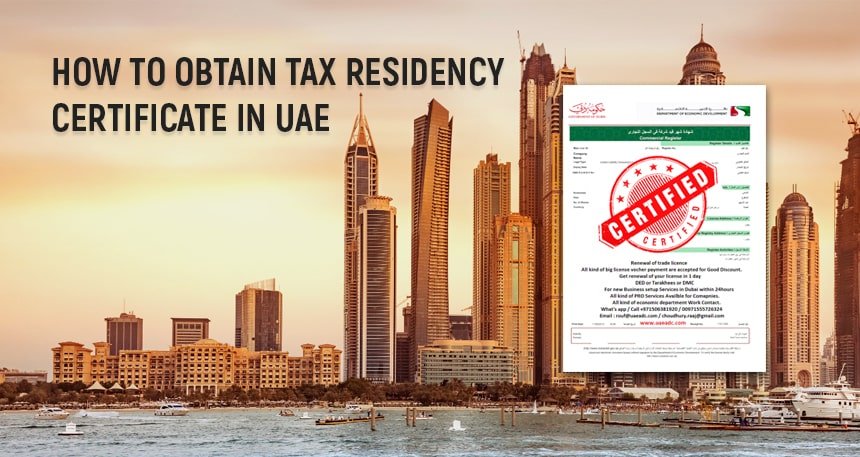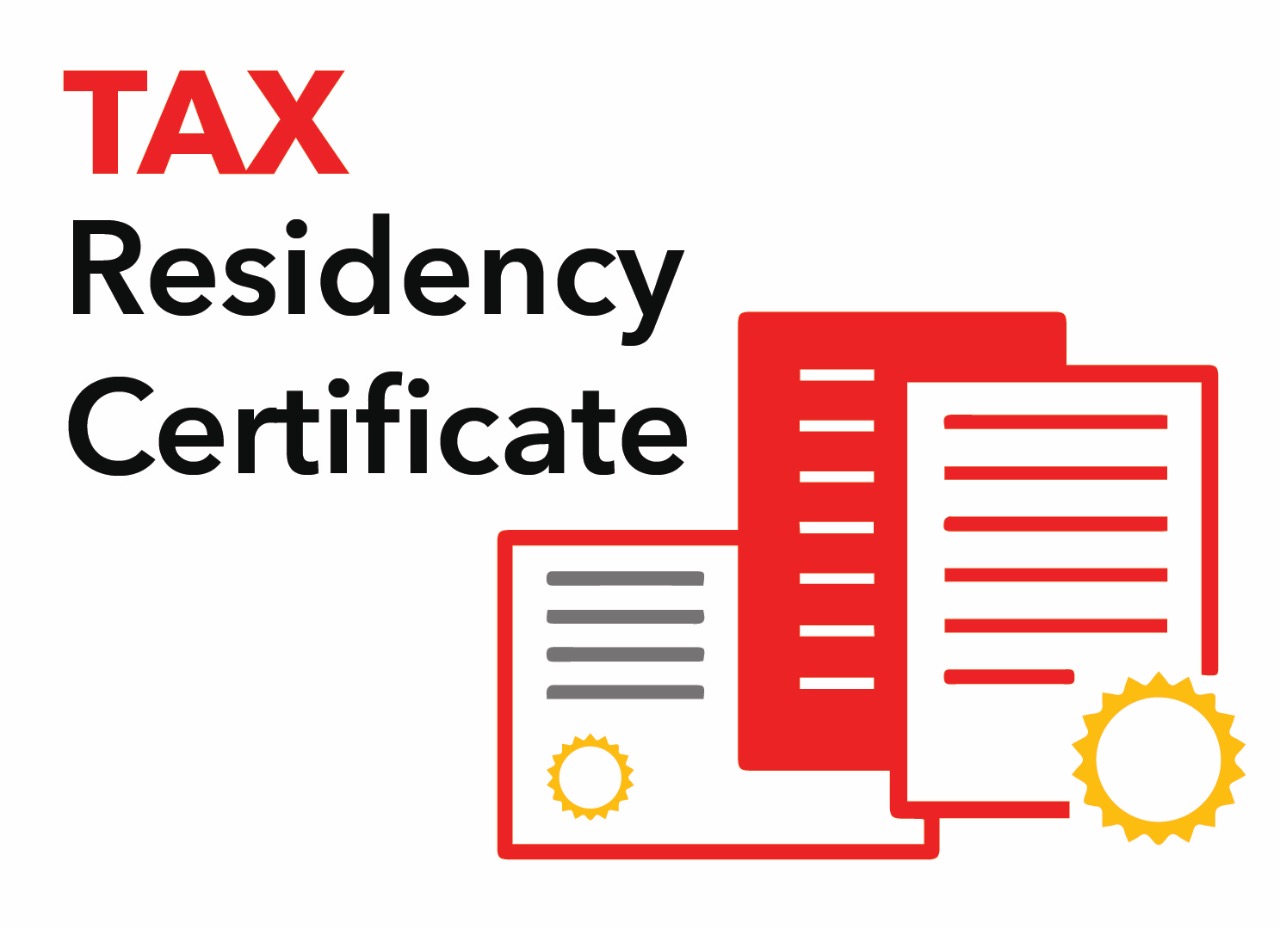
Tax residency is an important concept for individuals and businesses that operate across multiple countries. It determines where an entity is considered to be a tax resident and therefore where they are liable to pay taxes.
In the United Arab Emirates (UAE), a tax residency certificate (TRC) is issued by the Federal Tax Authority (FTA) to confirm an individual or entity’s tax residency status in the country. In this blog post, we will explore the importance of TRCs in the UAE and how to obtain one.
TRCs are essential for individuals and companies operating in the UAE who wish to take advantage of the Double Taxation Avoidance Agreements (DTAAs) that the UAE has signed with other countries. These agreements ensure that an individual or company is not subject to double taxation on their income in both the UAE and their home country. Without a TRC, an individual or company may be subject to tax on the same income in both countries, leading to a significant financial burden.
Criteria to obtain Tax Residency Certificate:
To obtain a TRC in the UAE, an individual or company must meet the UAE’s tax residency criteria. For individuals, this means being physically present in the UAE for at least 183 days in a calendar year. For companies, it means being incorporated and managed in the UAE. Once an individual or company meets these criteria, they can apply for a TRC by providing the necessary documentation to the FTA.
This certificate is required to claim benefits under Double Taxation Avoidance Agreements (DTAA) that the UAE has signed with other countries.
Documents Required for Tax Residency Certificate:
To apply for a TRC in the UAE, an individual or entity must provide the following documents:
- A copy of the passport or Emirates ID for individuals, or a copy of the trade license for companies.
- Proof of residency in the UAE, such as a utility bill or rental agreement.
- A completed TRC application form, which is available on the Federal Tax Authority (FTA) website.
Once the application is submitted, it can take up to 10 business days for the FTA to issue the TRC. The certificate is valid for one year from the date of issue and must be renewed annually.
It’s important to note that TRCs are only issued to individuals or entities that meet the UAE’s tax residency criteria. This includes individuals who have been physically present in the UAE for at least 183 days in a calendar year, as well as companies that are incorporated and managed in the UAE.
The TRC application process is relatively straightforward. Individuals or companies must provide a copy of their passport or Emirates ID, proof of residency in the UAE, and a completed application form, which is available on the FTA website. The application can be submitted online, and the TRC is usually issued within ten business days. It is important to note that TRCs are only valid for one year from the date of issue and must be renewed annually.
TRCs are essential for individuals and businesses operating in the UAE who wish to take advantage of the tax benefits provided by DTAAs. They also provide a clear indication of an individual or company’s tax residency status, which can be useful when dealing with tax authorities in other countries.
In addition to the benefits of TRCs, the UAE also has a favorable tax environment for individuals and businesses. The country does not levy corporate income tax or personal income tax, making it an attractive location for entrepreneurs and investors. However, it is important to note that there are other taxes and fees that businesses may be subject to, such as value-added tax (VAT), Corporate Tax, customs duties, and social security contributions.
In conclusion, a TRC is an essential document for individuals and businesses operating in the UAE who wish to take advantage of the tax benefits provided by DTAAs. It confirms an individual or entity’s tax residency status in the country and ensures that they are not subject to double taxation on their income. Obtaining a TRC is a relatively straightforward process, and it is important to ensure that all necessary documentation is provided to the FTA to avoid any delays in the application process. With its favorable tax environment, the UAE continues to be an attractive location for individuals and businesses seeking to establish a presence in the Middle East.

